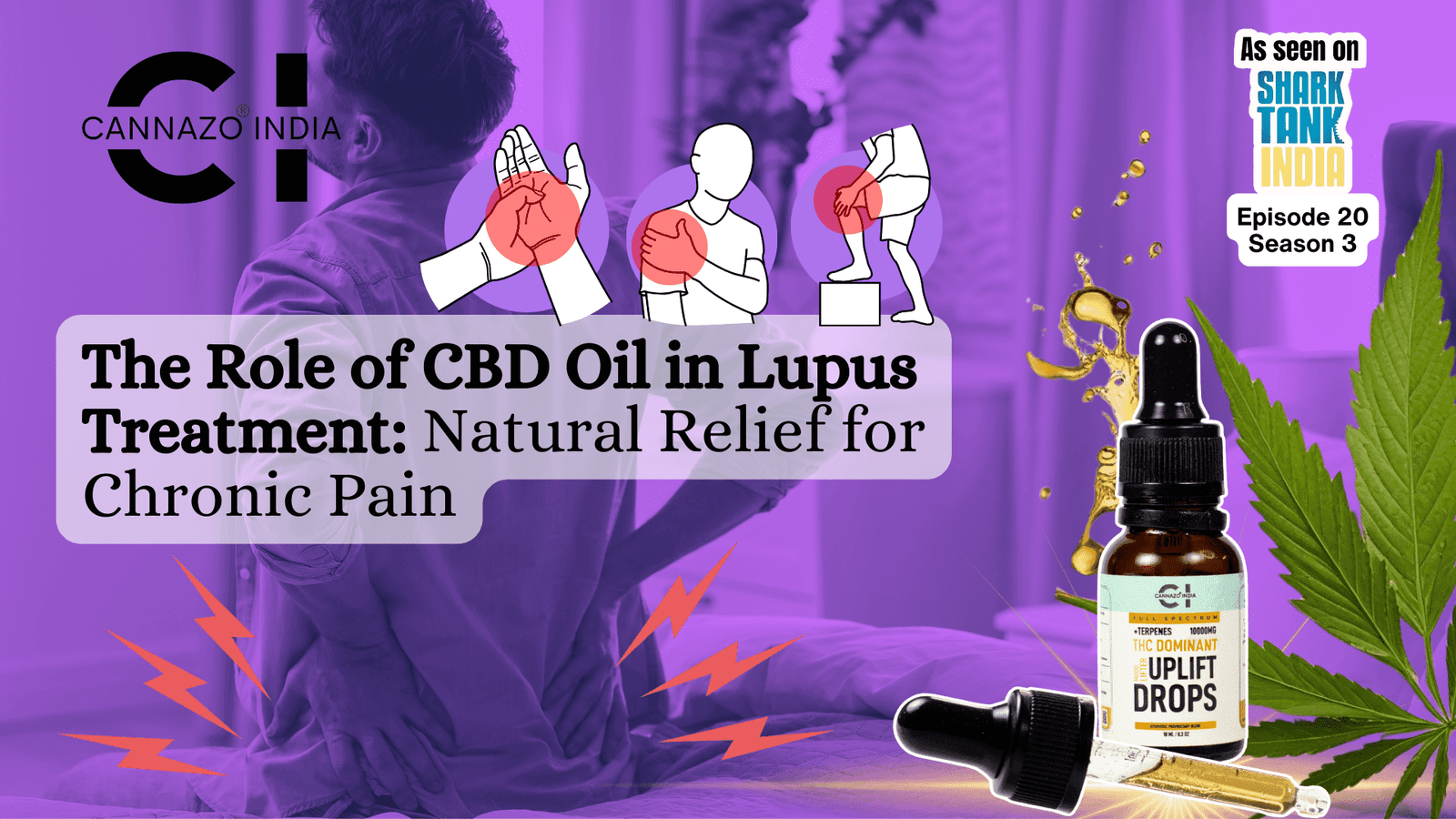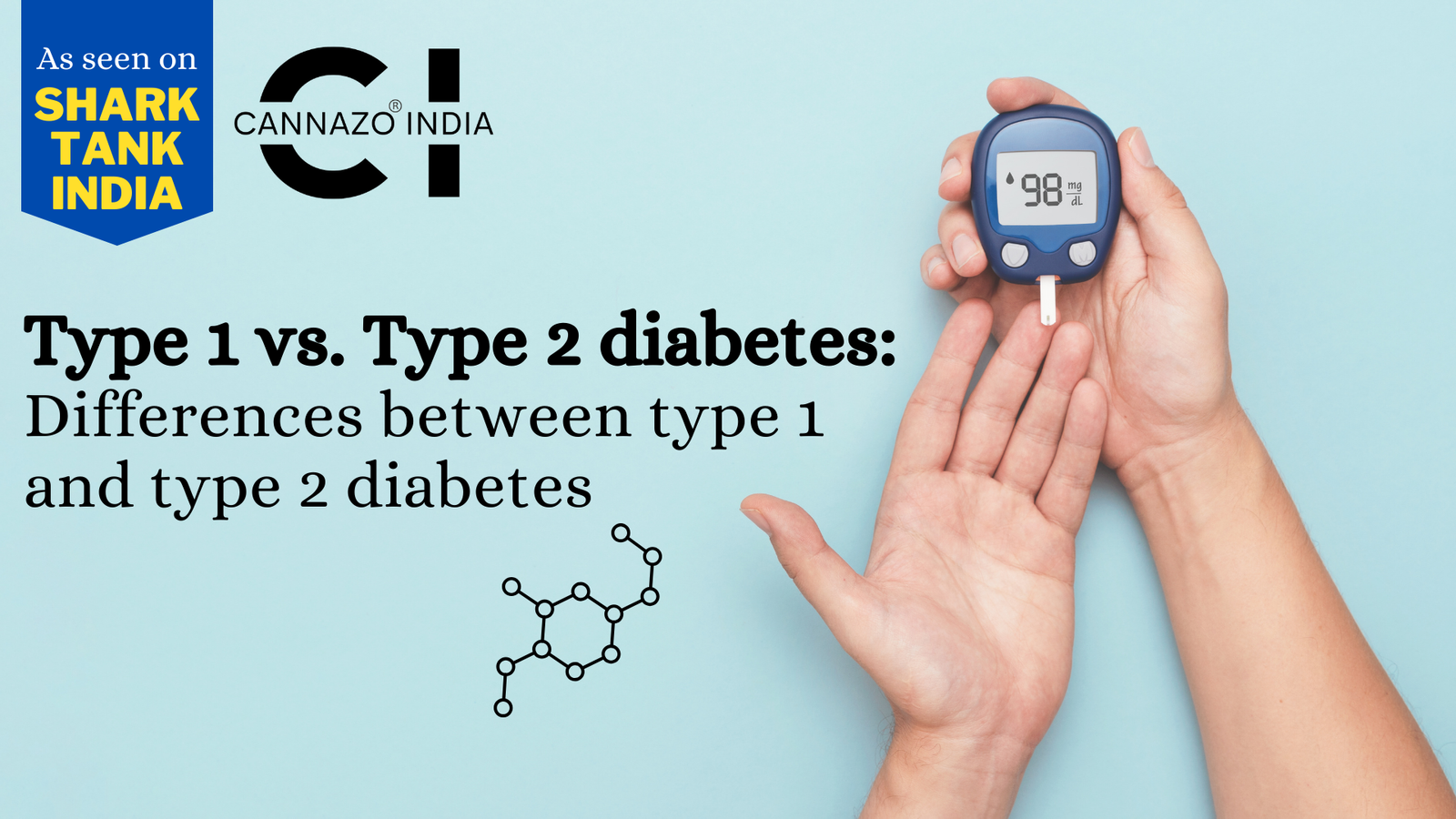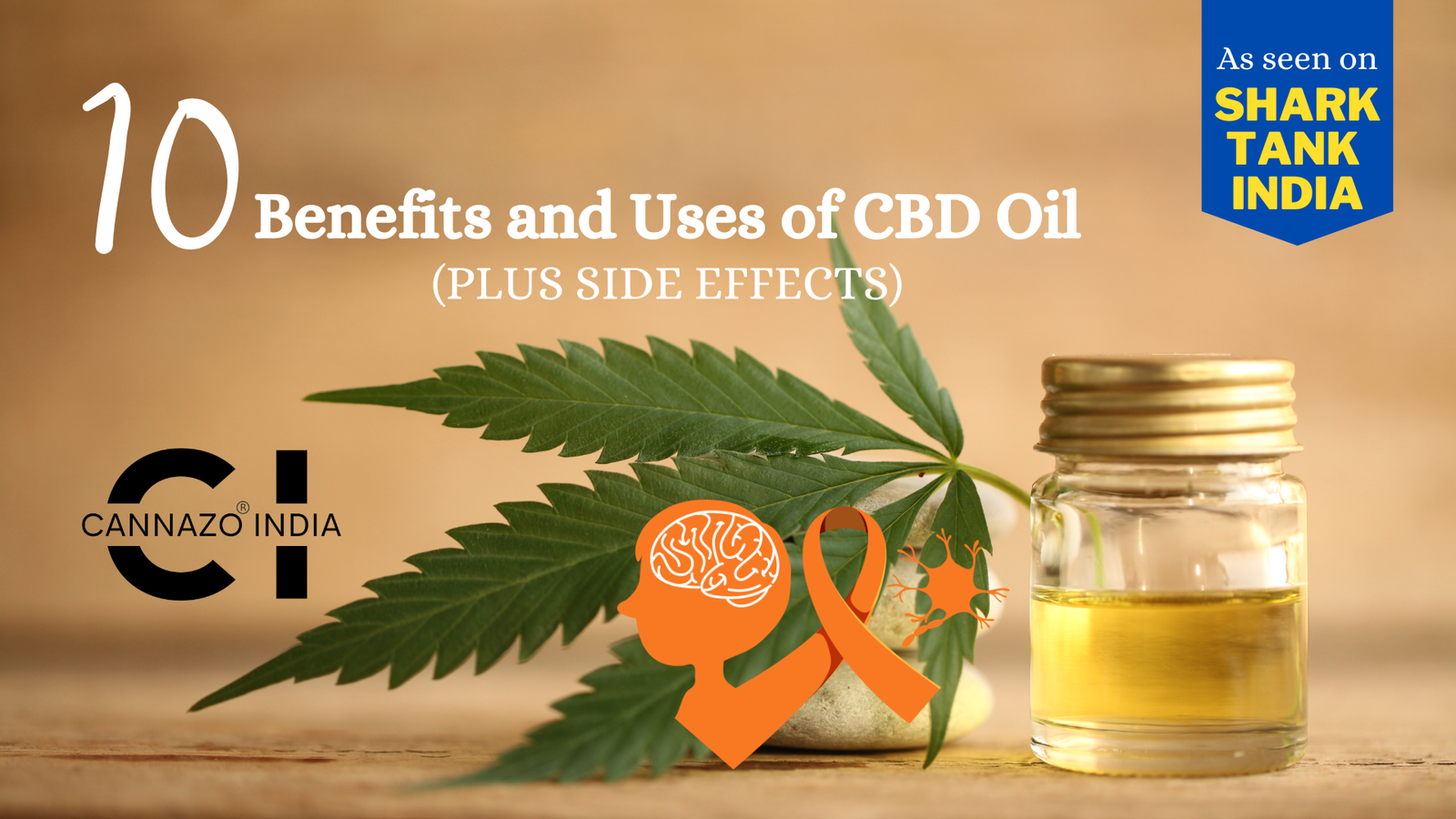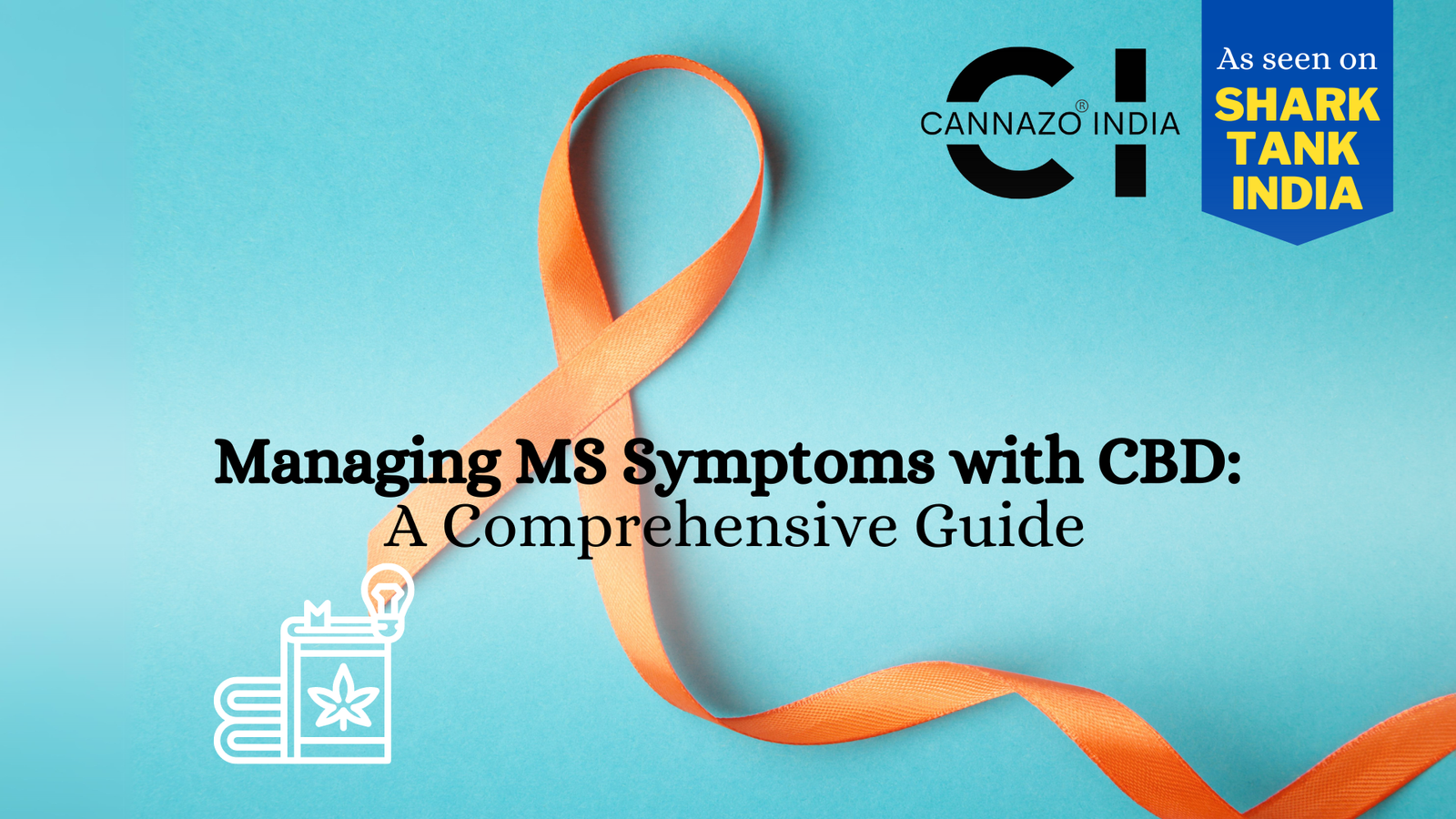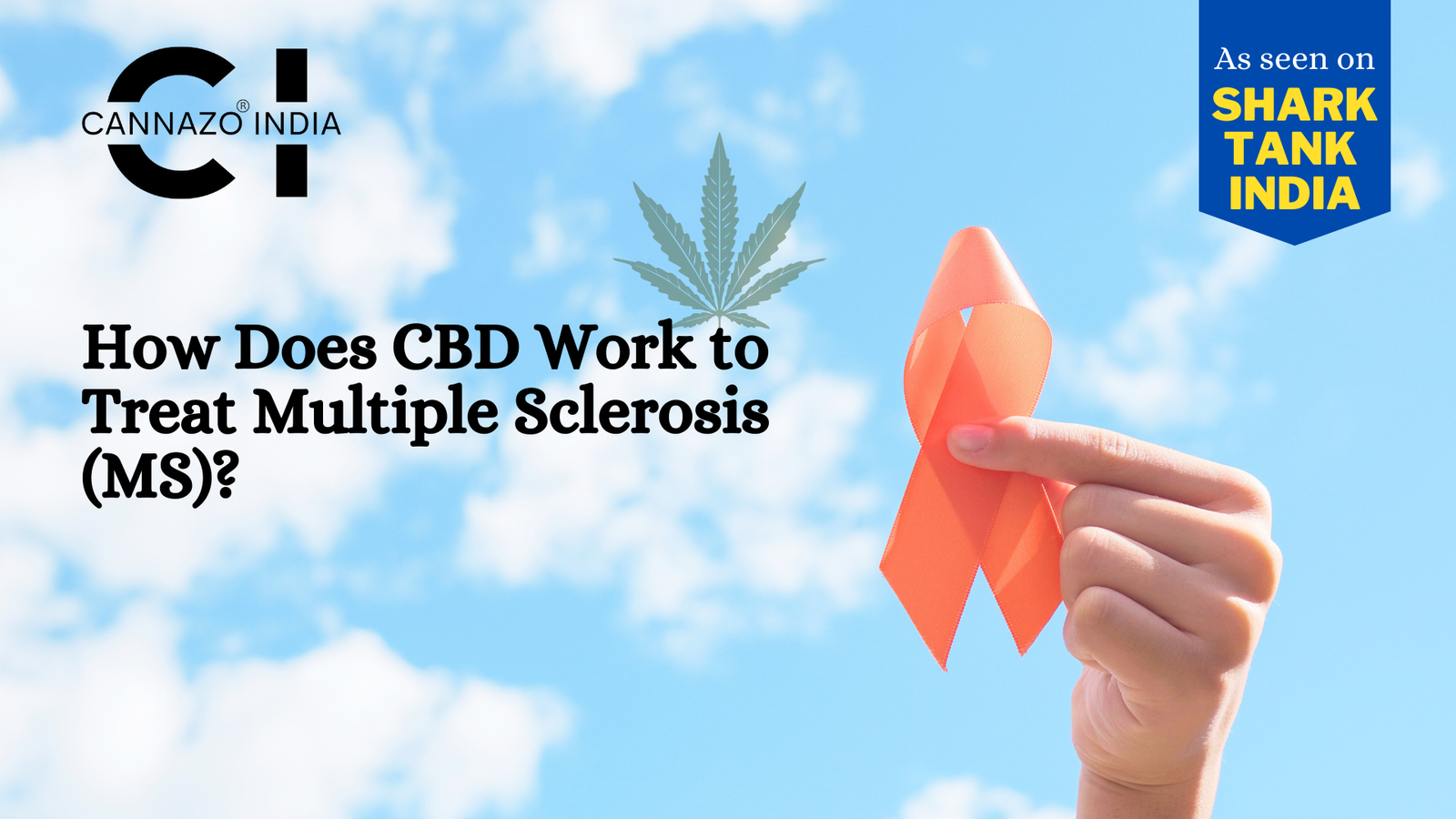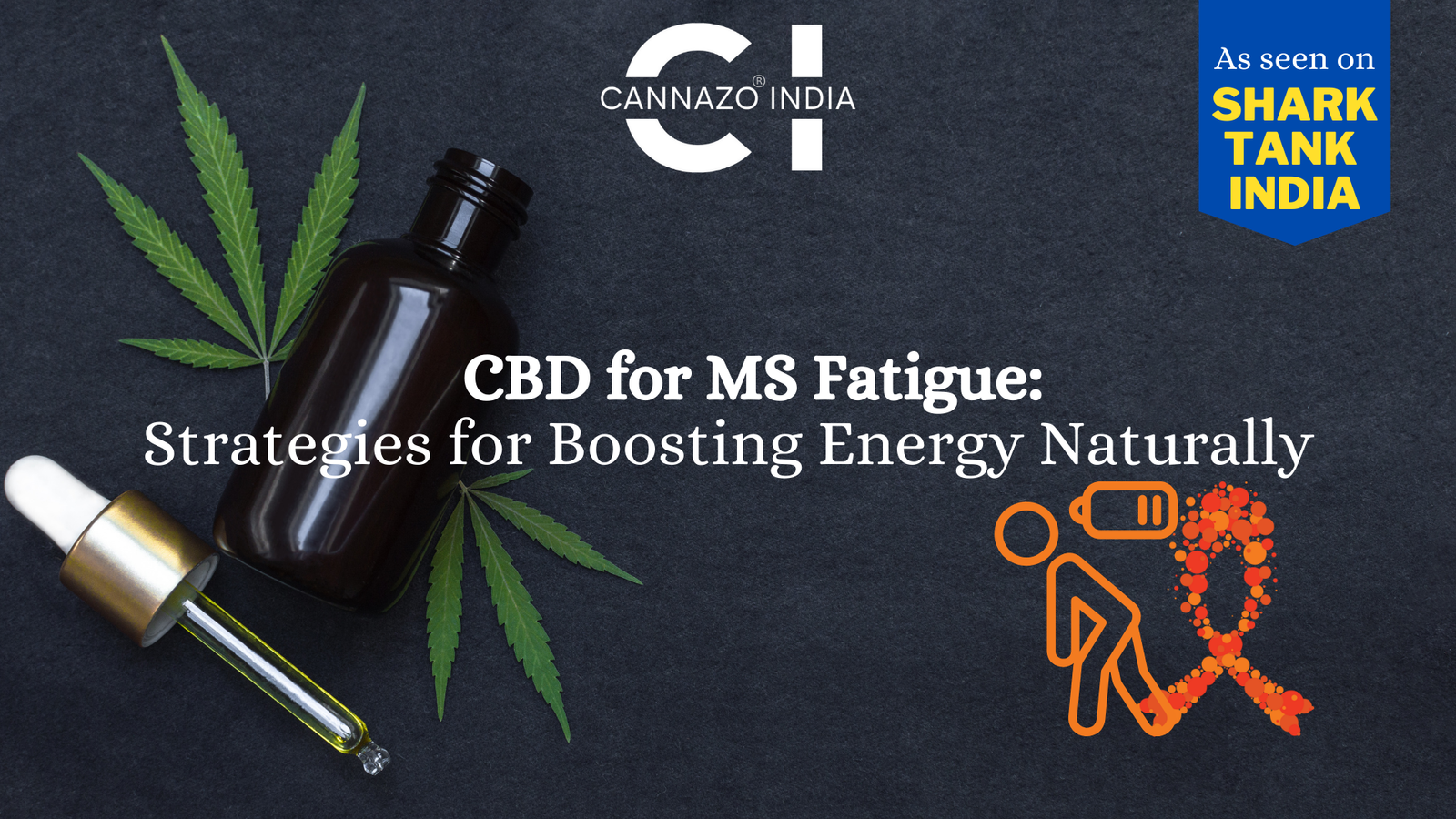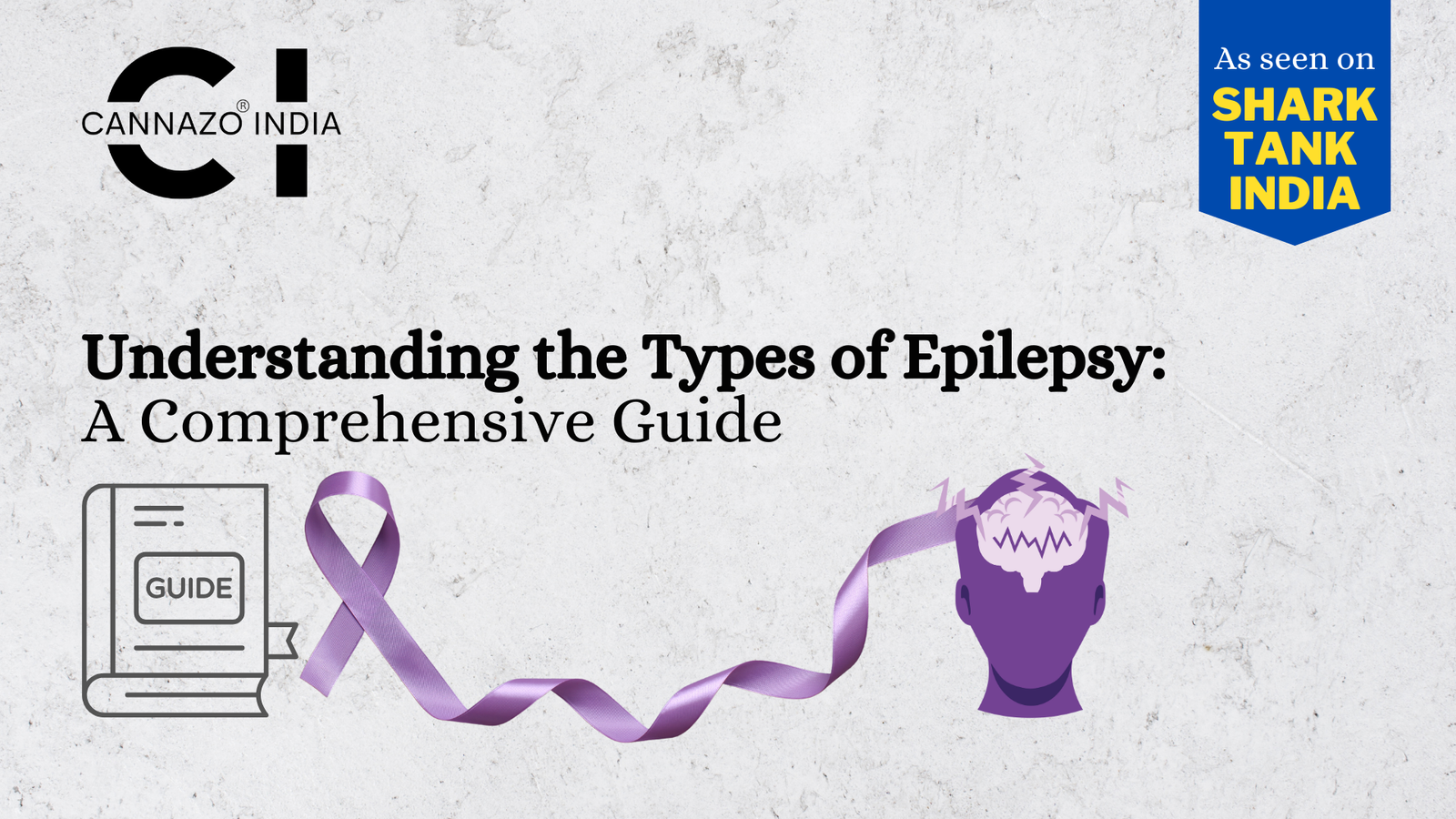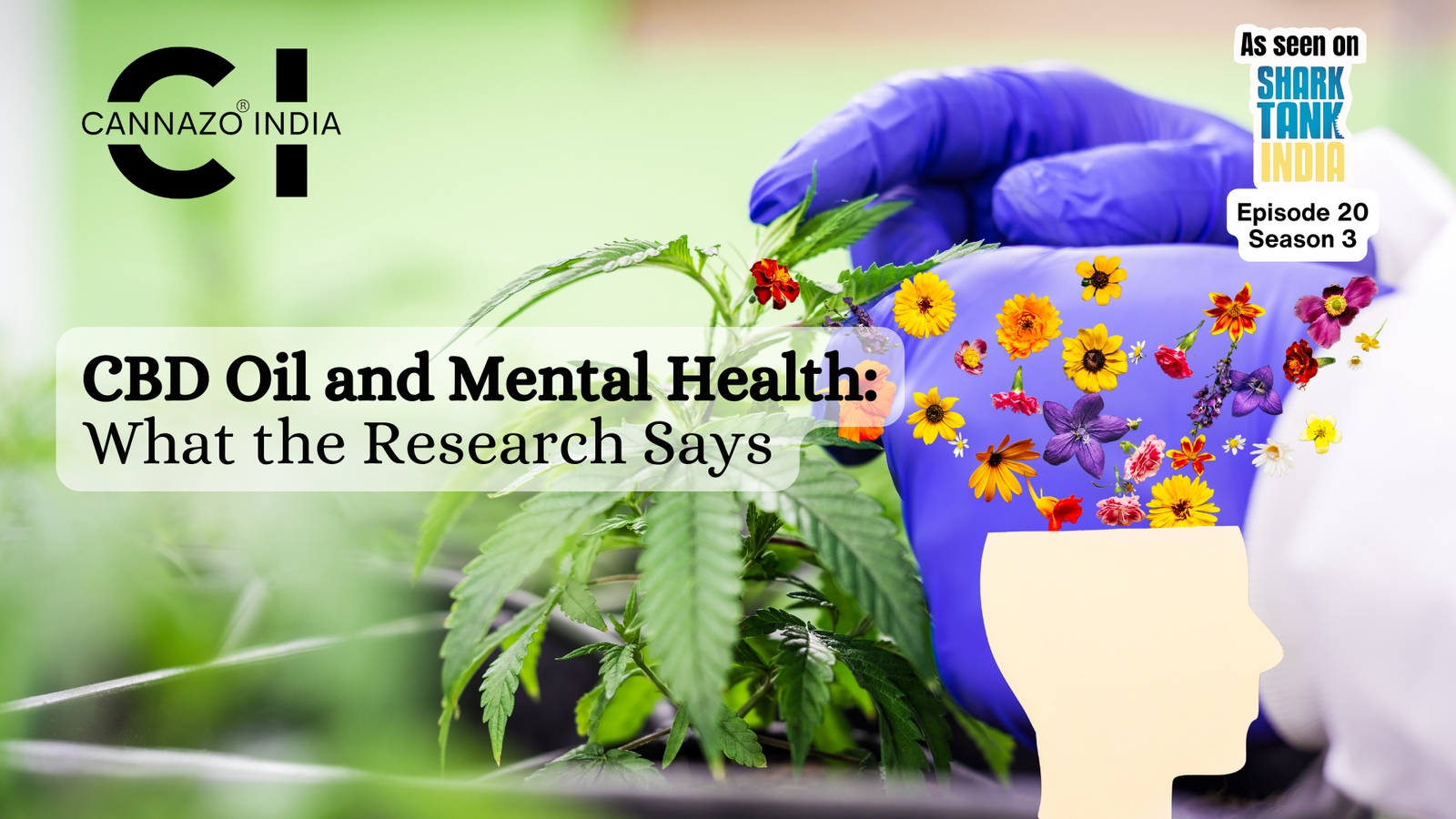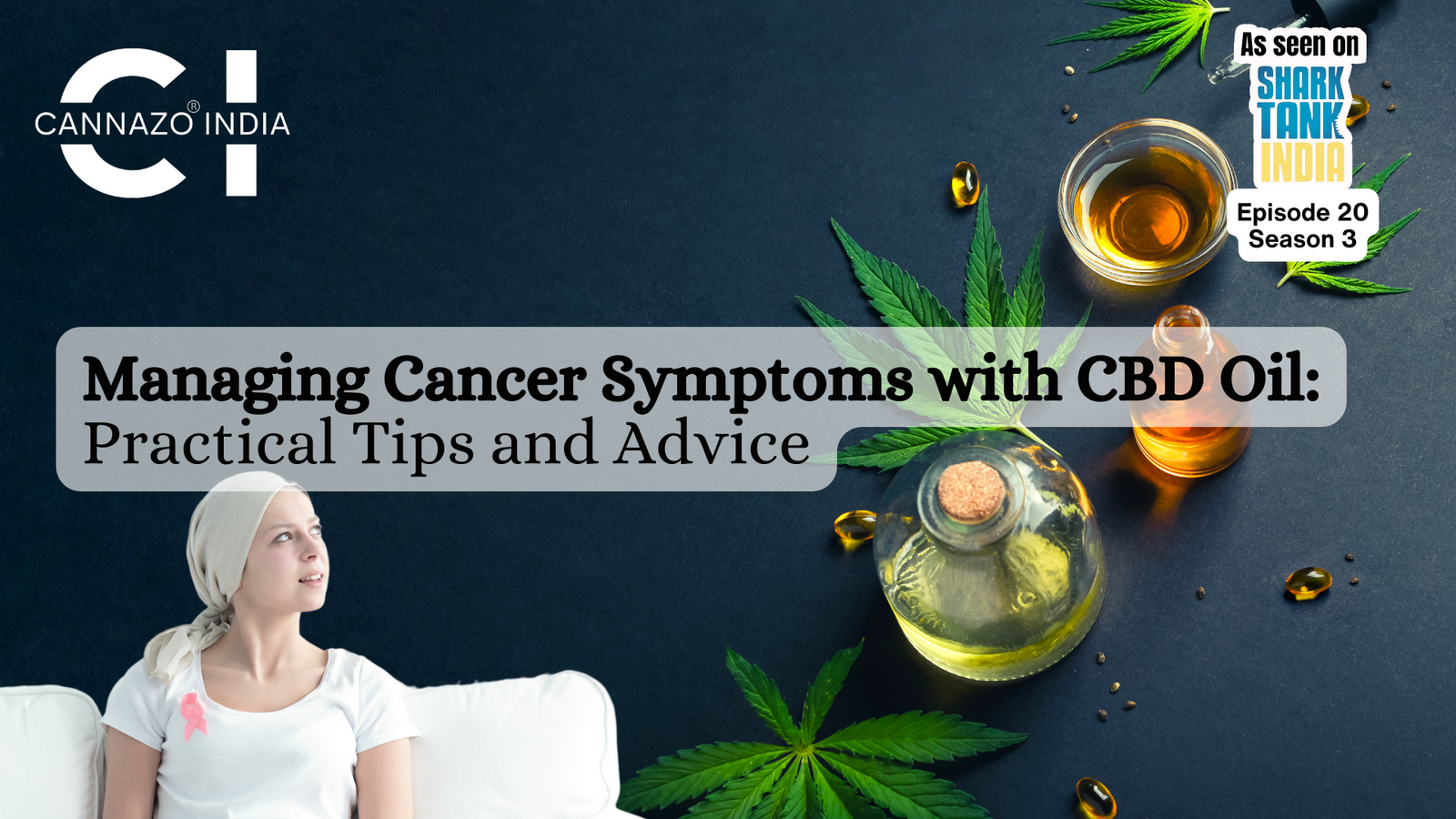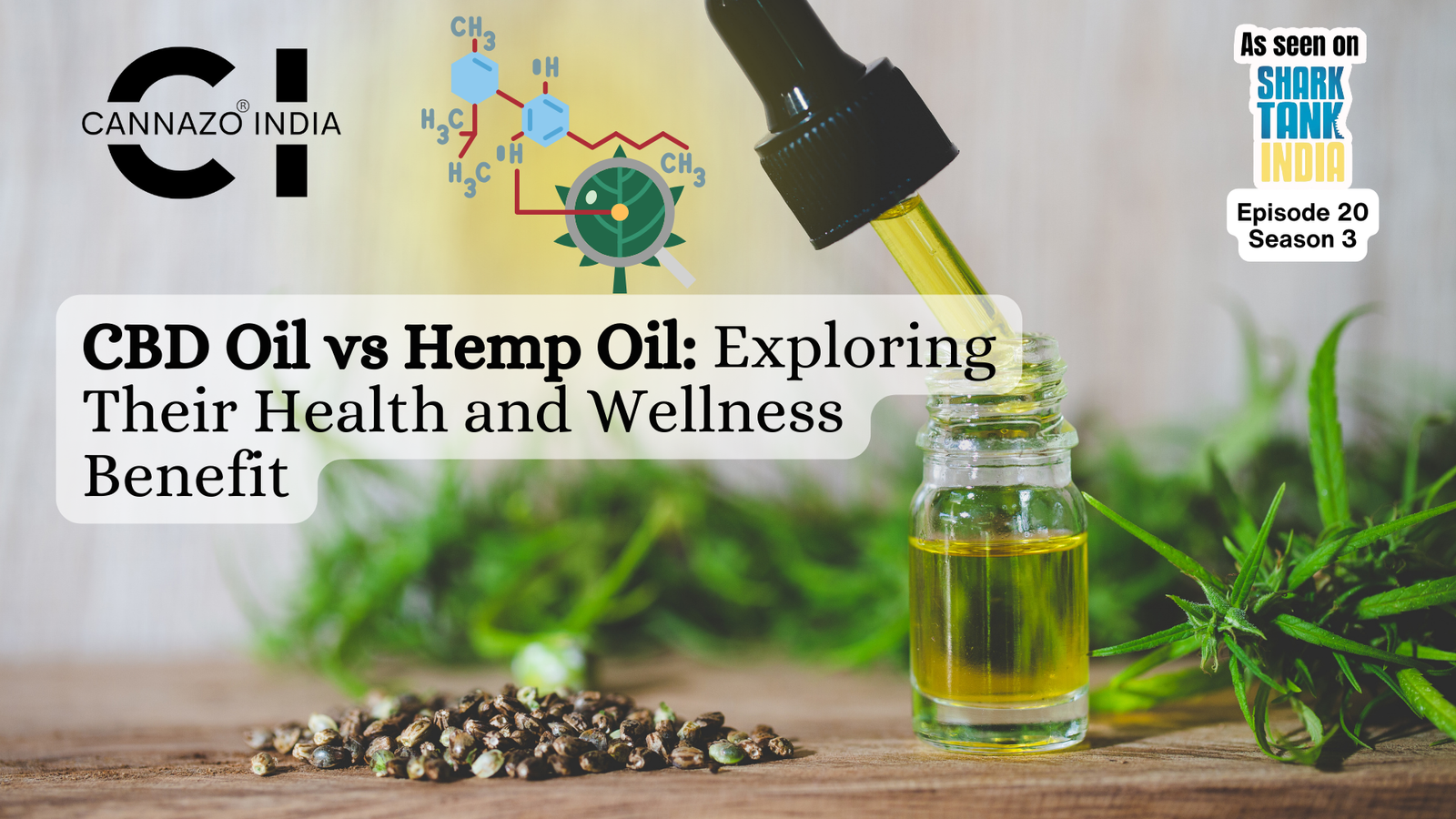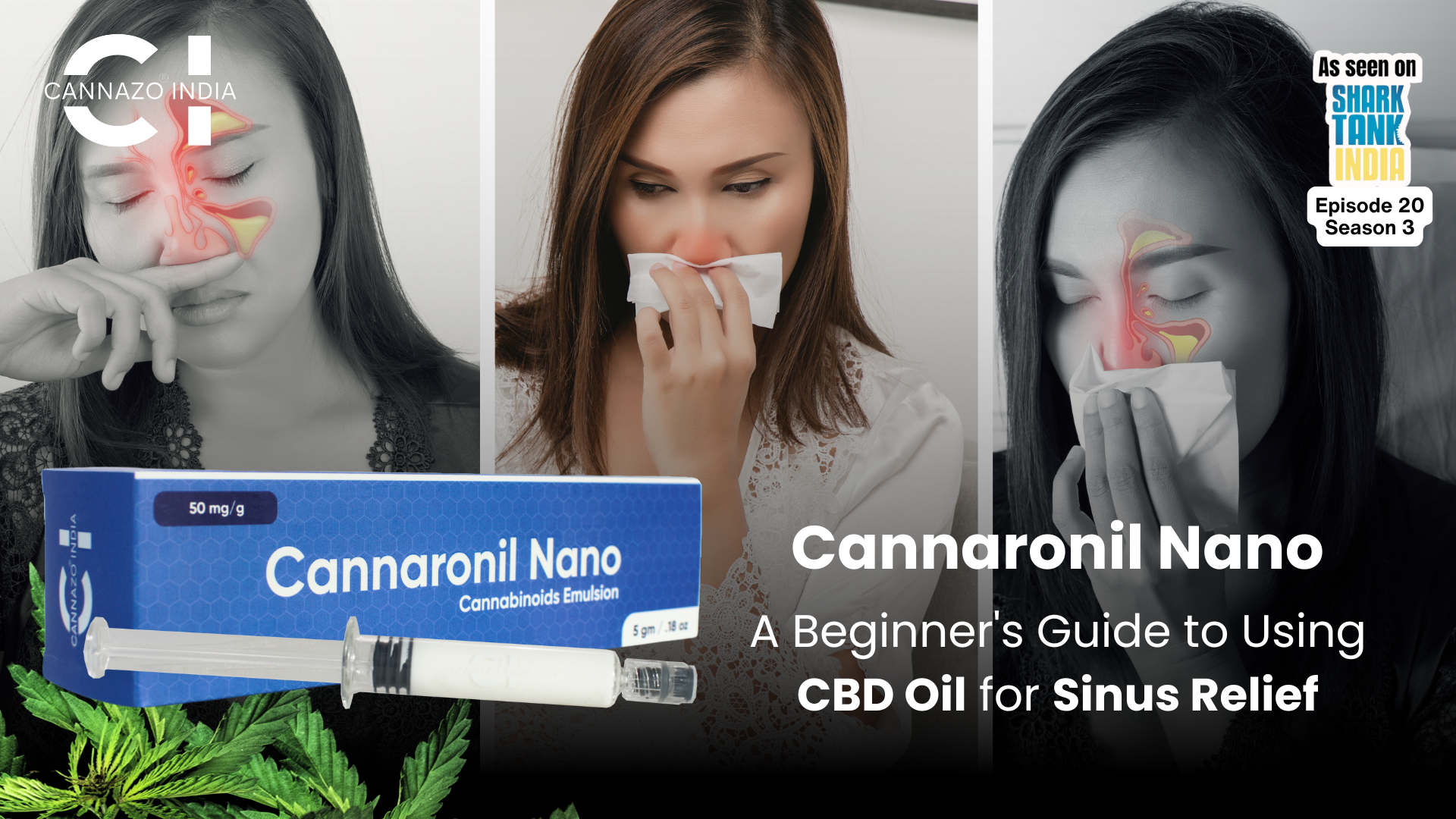Introduction
Lupus is a chronic autoimmune disease that can significantly impact the quality of life for those affected. Characterized by the immune system’s attack on healthy tissues, lupus leads to widespread inflammation and a variety of debilitating symptoms, including chronic pain. As patients seek alternative and complementary therapies, CBD oil for lupus has gained attention for its potential to alleviate symptoms. This article explores the role of CBD oil in managing lupus, focusing on its benefits for chronic pain relief, inflammation reduction, and mental health support.
Understanding Lupus and Its Challenges
Lupus encompasses several types of autoimmune diseases, with systemic lupus erythematosus (SLE) being the most common form. The disease can affect multiple organs, leading to symptoms such as:
- Joint pain and swelling
- Skin rashes
- Fatigue
- Fever
- Organ damage
Living with lupus can be particularly challenging due to the unpredictable nature of flare-ups and remissions. Patients often experience a decline in quality of life due to chronic pain, fatigue, and emotional distress. Current treatment options primarily focus on managing symptoms and preventing complications, but there is no known cure for lupus.
What is CBD Oil?
Cannabidiol (CBD) is a non-psychoactive compound derived from the cannabis plant. Unlike tetrahydrocannabinol (THC), CBD does not produce a “high” but offers various therapeutic benefits. It interacts with the body’s endocannabinoid system (ECS), which plays a crucial role in regulating numerous physiological processes, including pain perception, immune response, and mood stability. Research indicates that CBD may possess anti-inflammatory, analgesic (pain-relieving), and immunomodulatory properties, making it a candidate for alleviating symptoms associated with autoimmune conditions like lupus.
CBD Oil’s Role in Managing Lupus Symptoms
Alleviating Chronic Pain
Chronic pain is one of the most debilitating symptoms experienced by individuals with lupus. Studies suggest that CBD oil for lupus may help alleviate this pain by modulating pain perception pathways in the brain. CBD interacts with cannabinoid receptors to alter how the brain processes pain signals. This interaction can lead to reduced pain intensity and less reliance on traditional pain medications. A review published by the World Health Organization highlights that CBD has analgesic properties that can be beneficial for managing chronic pain conditions, including those caused by autoimmune diseases like lupus. Many patients report significant improvements in their pain levels after incorporating CBD oil into their treatment regimen. [1]
Reducing Inflammation
Inflammation is a hallmark of lupus and contributes to many of its symptoms. Research indicates that CBD oil may help reduce inflammation by interacting with the ECS and inhibiting inflammatory pathways. Specifically, CBD has been shown to suppress the production of pro-inflammatory cytokines and promote apoptosis (programmed cell death) in overactive immune cells.
By reducing inflammation, CBD oil for lupus may help mitigate tissue damage caused by the immune system’s attack on healthy cells. This effect can lead to improved overall health and a reduction in flare-ups associated with lupus. [2]
Supporting Mental Health
Living with lupus can take a toll on mental health, leading to anxiety and depression among patients. The chronic nature of the disease often results in emotional distress due to unpredictable flare-ups and physical limitations. Research suggests that CBD may have anxiolytic (anxiety-reducing) effects by interacting with serotonin receptors in the brain.
By improving mood and reducing anxiety levels, CBD oil for lupus can enhance overall well-being and quality of life for individuals coping with this challenging condition. [3]
What Research Says About CBD Oil and Lupus
While research into the efficacy of CBD oil as a treatment option for lupus is still in its early stages, preliminary studies are promising. 2020 review highlighted CBD’s potential immunosuppressive abilities, suggesting that it may help regulate immune responses associated with autoimmune diseases.
Additionally, anecdotal evidence from patients indicates that many experience relief from their symptoms when using CBD oil. However, it is important to note that while some studies show positive outcomes, others indicate potential risks or contradictory results regarding disease activity when using cannabinoids.
Thus, more extensive clinical trials are necessary to establish definitive conclusions about the safety and effectiveness of CBD oil for lupus. [4], [5]
How to Use CBD Oil for Lupus
When considering CBD oil for lupus, it is essential to approach its use thoughtfully:
Choosing the Right Product
Selecting a high-quality CBD product is crucial for achieving the desired effects. Look for products that are:
- Third-party tested: Ensure that the product has undergone independent testing for purity and potency.
- Full-spectrum or broad-spectrum: Full-spectrum oils contain all cannabinoids found in the cannabis plant (including trace amounts of THC), while broad-spectrum oils contain multiple cannabinoids without THC.
- Organic: Choose products made from organically grown hemp to avoid exposure to pesticides or harmful chemicals.
Dosage Guidelines
Determining the appropriate dosage of CBD oil for lupus can be complex due to individual variability in metabolism and symptom severity. While there is no universally recommended dosage, guidelines suggest starting with a low dose (e.g., 5–10 mg) and gradually increasing it based on individual response.
- Start Low: Begin with a low dose.
- Gradual Increase: If no improvement is observed after a week, increase the dosage by 5–10 mg.
- Monitor Effects: Continue adjusting until desired effects are achieved or side effects occur.
Methods of Consumption
There are various methods to consume CBD oil:
- Sublingual Tinctures: Placing drops under the tongue allows for quick absorption into the bloodstream.
- Capsules: These provide a consistent dosage but may take longer to take effect.
- Topicals: Creams or balms can be applied directly to affected areas for localized relief.
- Vaping: Inhalation provides rapid effects but may not be suitable for everyone.
Legal Status of CBD Oil for Lupus Treatment
The legal status of CBD varies by region. In many places, hemp-derived CBD products containing less than 0.3% THC are legal at the federal level in the United States; however, state laws may differ. It is essential to check local regulations regarding the purchase and use of CBD oil for lupus treatment before proceeding.
Tips for Incorporating CBD Oil into Your Lupus Management Plan
- Consult Your Healthcare Provider: Before starting any new treatment regimen involving CBD oil, discuss it with your healthcare provider to ensure it fits well within your overall management plan.
- Keep Track of Symptoms: Maintain a journal documenting your symptoms before and after starting CBD oil to assess its effectiveness over time.
- Combine with Other Treatments: Consider using CBD oil as a complementary therapy alongside traditional treatments prescribed by your healthcare provider.
- Stay Informed: Keep up-to-date with ongoing research regarding cannabinoids and their effects on autoimmune diseases like lupus.
Conclusion
The exploration of CBD oil for lupus presents promising avenues for symptom management in patients facing this challenging condition. With its potential benefits in alleviating chronic pain, reducing inflammation, and supporting mental health, CBD oil offers a complementary approach alongside traditional treatments. While further research is necessary to establish definitive guidelines on dosages and long-term effects, many individuals report positive outcomes when incorporating CBD into their treatment plans. As always, consulting with healthcare professionals knowledgeable about cannabinoid therapies is essential before initiating any new regimen. As research continues to evolve regarding the safety and efficacy of cannabinoids in treating autoimmune diseases such as lupus, patients are encouraged to stay informed about their options while working closely with their healthcare providers to develop comprehensive management strategies tailored to their needs.
References
- Schoenbach, A. (2020b, March 3). CBD oil (Cannabidiol) and lupus – LupusCorner. LupusCorner. https://lupuscorner.com/cbd-oil-lupus/
- Hempstrol. (2023b, January 2). Is CBD oil a good option for lupus patients? Hempstrol. https://www.hempstrol.com/is-cbd-oil-a-good-option-for-lupus-patients
- Grossman, J., Teitel, A. D., & MyLupusTeam. (2020c, January 30). CBD and Lupus: Does It Help or Hurt? MyLupusTeam. https://www.mylupusteam.com/resources/cbd-and-lupus-does-it-help-or-hurt
- Chen, J. (2019, September 23). Can cannabinoids help lupus and other diseases? Yale Medicine. https://www.yalemedicine.org/news/cbd-and-lupus
- Tee-Melegrito, R. A. (2022, October 12). Is CBD beneficial for treating lupus? https://www.medicalnewstoday.com/articles/cbd-and-lupus





